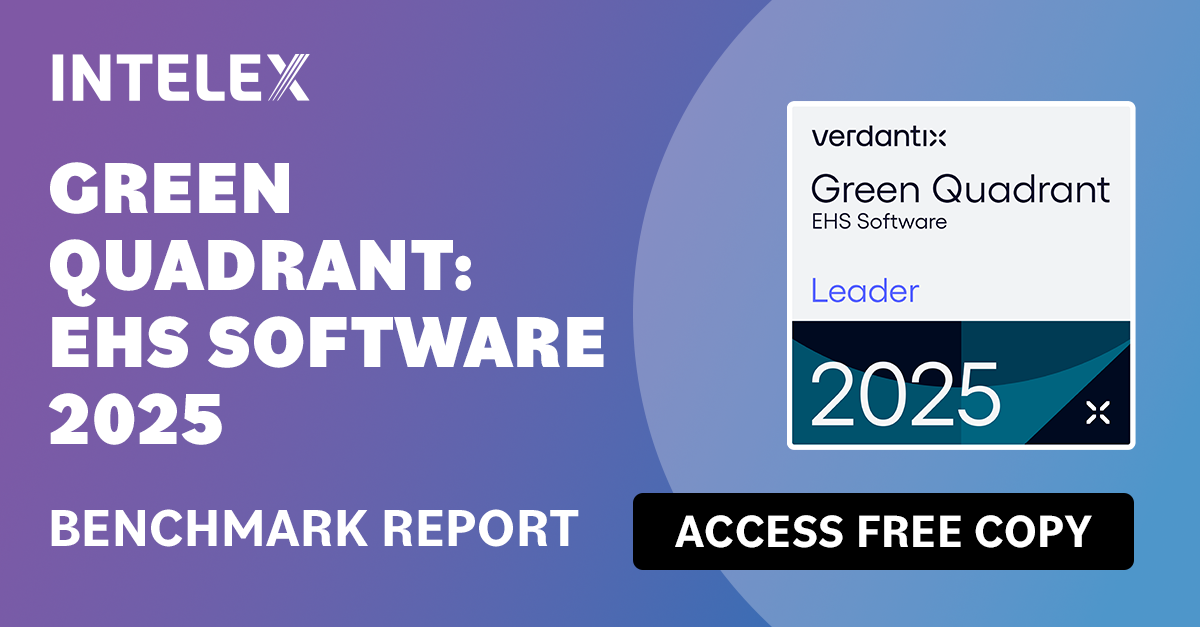
How Cory Cut Reporting Time From 7 Days to 30 Minutes
Cory is one of the UK’s leading waste management, recycling, and energy recovery companies, playing a vital role in keeping London clean and sustainable. With a history dating back to the 1800s, the company began as W.M. Cory & Son, a coal distribution business on the River Thames. Today, it has transformed into a modern, forward-looking organization focused on sustainable waste solutions.

Cory operates a unique river-based infrastructure to manage waste from homes and businesses across London. Waste is collected at four transfer stations along the Thames, loaded onto barges, and transported to Cory’s Energy from Waste facility. The resulting ash is then moved by river again and repurposed as building material—reducing road traffic and emissions while contributing to a circular economy. Driven by a vision to be the partner of choice for sustainable waste management in London and the South East, Cory continues to invest in infrastructure that supports a cleaner, greener future.
Impact
- Safety observations doubled in the six months since introducing Intelex.
- Reduced data performance analysis time from 7 days to 30 minutes.
- Sustained reduction in all-injury frequency rate and lost-time injury frequency rate.
Outcome
Since implementing Intelex, Cory has seen two major outcomes. First, the EHS team now has real-time visibility into what’s happening across the business—enabling faster, more efficient responses to potential risks. Early reporting errors were quickly addressed, and data quality has steadily improved, giving leadership greater confidence in performance metrics and compliance reporting.
Second, the value of that insight extends beyond the EHS team. Cory now shares performance data with frontline employees, helping them stay informed and engaged. This transparency has strengthened trust and created a more connected workforce, where everyone plays a role in identifying risks and improving safety.
The Challenge for Cory
As a company rooted in physical operations—moving materials by crane and barge—Cory hadn’t prioritized digital transformation. Most bottlenecks were operational, not technical, so there was little urgency to change long-standing, manual processes.
At the same time, Cory lacked real-time visibility into what was happening on the ground. With paper forms and spreadsheets, reporting was slow and inconsistent, making it hard to spot risks early or respond quickly. As the company set ambitious goals like reaching net zero by 2050, it became clear they needed better tools to track performance, support compliance, and make informed decisions.
Cory also wanted to strengthen its safety culture through faster reporting, clearer communication, and greater transparency. But that kind of cultural shift required more than software—it required systems that frontline teams could trust and easily use. For Intelex, the challenge wasn’t just digitizing Cory’s processes—it was doing it in a way that fit their operations and supported long-term growth.
“We are excited about the JSA module we are just implementing now. This should streamline a time-consuming (but essential) safety process, and we are confident that this will increase and
improve engagement in a process that works best when done collaboratively by HSEQ and Operations personnel.”
Mark Greenwood, Director of Health, Safety, Environment & Quality Assurance at Cory
“We really liked that Intelex were happy to encourage us to become system administrators and to have ownership and control of the configuration”
Mark Greenwood, Director of Health, Safety, Environment & Quality Assurance at Cory
“Having a system that allows us to have the flexibility in making the workflows and processes match those we were already comfortable with within our company was a key feature.”
Mark Greenwood, Director of Health, Safety, Environment & Quality Assurance at Cory
How Intelex Helped Cory
Cory needed more than out-of-the-box software. They needed a system that could flex to their unique operations with river- and land-based sites. Intelex stood out by giving Cory full ownership of system setup and configuration. That flexibility allowed them to tailor workflows and incident types to match the specific risks tied to their operations—particularly the logistics challenges of working on the River Thames.
Intelex was rolled out in two phases.
Phase 1 focused on digitizing existing processes and getting employees comfortable with the new system. Change didn’t happen overnight—old habits like emailing spreadsheets were hard to break. But involving employees in designing the system helped uncover what really mattered. The process also sparked important conversations about which data and workflows were actually useful. Within six months, safety observations doubled, and employees began engaging more actively with the system.
Phase 2 unlocked even more value. Managers started using real-time dashboards in meetings to inform decisions, replacing the need to sift through outdated spreadsheets. Cory also began layering in additional Intelex tools like job safety analysis, inspections, and audits. Because these applications are connected, teams can now trace safety controls all the way from risk assessment to execution. This not only improves compliance but also boosts confidence in the accuracy of their data—critical for both internal reviews and regulatory readiness.
 1 877 932 3747
1 877 932 3747




